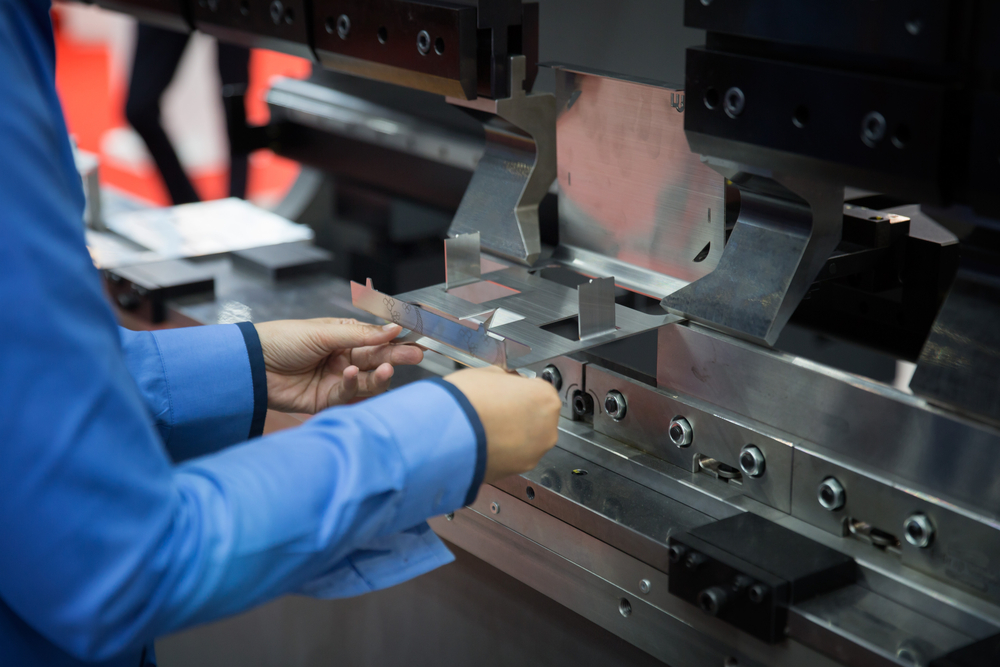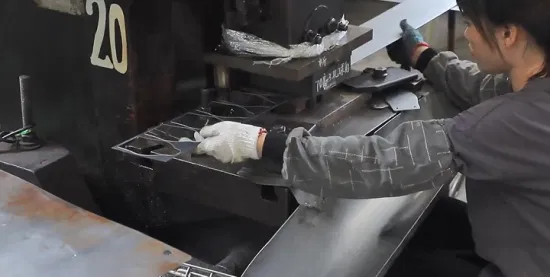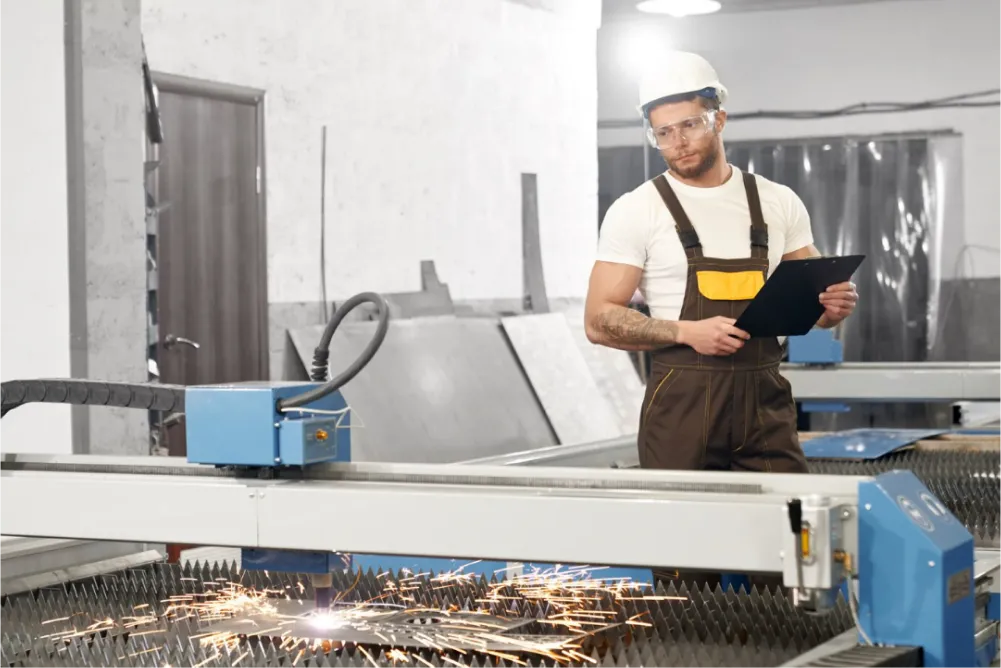The trends in stamping press manufacturing are shaping the future of industrial manufacturing. With the rapid advancement of technology, manufacturers are witnessing a transformation in how stamping presses operate. Understanding these trends is crucial for companies looking to stay competitive.

1. Introduction to Stamping Press Manufacturing
Stamping press manufacturing involves the use of machinery to shape or cut metal by deforming it with a die. This process is a cornerstone in the production of various metal products used across industries. As such, staying updated with the latest trends is essential for manufacturers.
2. Automation and Robotics
Automation is at the forefront of stamping press manufacturing trends. The integration of robotics in stamping press operations enhances precision, reduces human error, and increases production speed. This trend is driving significant changes in how manufacturers operate.
2.1 Benefits of Automation
With automation, manufacturers can achieve higher efficiency and consistency. Robots can handle complex tasks with ease, allowing human workers to focus on more strategic roles within the company.
3. Advancements in Materials
The development of new materials is another significant trend in stamping press manufacturing. High-strength steels and lightweight alloys are becoming increasingly popular, enabling manufacturers to produce durable and lightweight products.
3.1 Impact on Product Design
These advancements allow for more innovative product designs. Manufacturers can now create intricate shapes and structures that were previously difficult to achieve.
4. Digitalization and Smart Manufacturing
The rise of digital technologies is transforming the manufacturing landscape. Smart manufacturing uses data analytics and the Internet of Things (IoT) to optimize production processes and improve decision-making.
4.1 Importance of Data Analytics
Data analytics provide valuable insights into production processes, enabling manufacturers to identify inefficiencies and areas for improvement. This trend is crucial for companies aiming to enhance their operational efficiency.
5. Environmental Sustainability
Sustainability is becoming a critical focus in manufacturing. Companies are adopting eco-friendly practices to reduce their environmental impact. This includes using recyclable materials and energy-efficient machinery.
5.1 Benefits of Sustainable Practices
Adopting sustainable practices not only helps the environment but also enhances the company’s reputation. Consumers are increasingly favoring brands that prioritize sustainability.
6. Customization and Flexibility
Manufacturers are now offering more customized products to meet specific customer needs. This trend requires flexible manufacturing processes that can adapt quickly to changes in design or production volume.
6.1 Role of Advanced Machinery
Advanced stamping presses with quick-change tooling systems allow for rapid adjustments, making it easier for manufacturers to offer customized solutions.
7. Safety and Training Improvements
Ensuring worker safety is paramount in stamping press operations. Manufacturers are investing in training programs and advanced safety features to protect their workforce.
7.1 Importance of Safety Measures
Implementing comprehensive safety measures not only protects employees but also minimizes downtime caused by accidents. It’s a win-win for both workers and companies.
8. Conclusion
Staying abreast of the latest trends in stamping press manufacturing is essential for companies looking to thrive in the modern industrial landscape. Embracing automation, sustainability, and digitalization will be key to future success.
For further reading on stamping press technology, you can visit The Fabricator.

FAQ
1. What are the benefits of automation in stamping press manufacturing?
Automation improves precision, reduces human error, and increases production speed, leading to higher efficiency and consistency.
2. How is digitalization impacting stamping press manufacturing?
Digitalization, through data analytics and IoT, optimizes production processes and improves decision-making, enhancing operational efficiency.
3. Why is sustainability important in manufacturing?
Sustainability reduces environmental impact and enhances a company’s reputation, as consumers increasingly favor eco-friendly brands.
This article contains affiliate links. We may earn a commission at no extra cost to you.

